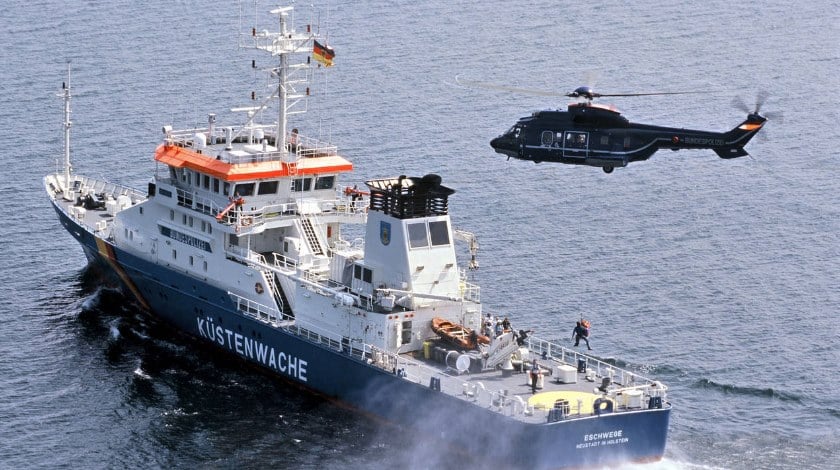Photo: Airbus/Jérome Deulin
Reading Time: < 1 minuteOn 7 October 2016 the decision to lift the temporary flight suspension of the Super Puma EC225 LP and AS332 L2 helicopters from Airbus Helicopters put in place on 2 June 2016 following the crash of an EC225 LP helicopter in Norway on 29 April 2016.
The set of very stringent protective measures which enable the decision to allow these type of helicopters to return to flight include:
- The elimination of a specific type (Type A) of 2nd stage main gearbox planet gear involved in the accident by another type (Type B) which has a demonstrated reliable service life.
- An additional safety factor applied to the demonstrated service life of this gear type (Type B), resulting in the time before replacement being reduced to less than half its current value.
- The daily inspection or after 10 flight hours (whichever comes first) of the chip detectors, and every 10 flight hours oil filter with very stringent criteria.
All main gearboxes that have suffered from unusual events will be withdrawn from service. Unusual events include external events that might shock the gearbox but without visual evidence of damage.
EASA has been closely monitoring the analysis and tests conducted by Airbus Helicopters. We maintain our full support to the investigation led by the Accident Investigation Bureau of Norway (AIBN) for the accident. This action continues to address the initial safety recommendation on EASA and we will address any further recommendations addressed to EASA.
EASA will closely monitor the compliance action taken by the helicopter manufacturer and operators following the return to service along with operational information.
We will continue to work with the helicopter manufacturer, international regulators and national aviation authorities, offshore operators, to ensure that the highest possible safety standards always prevail.

